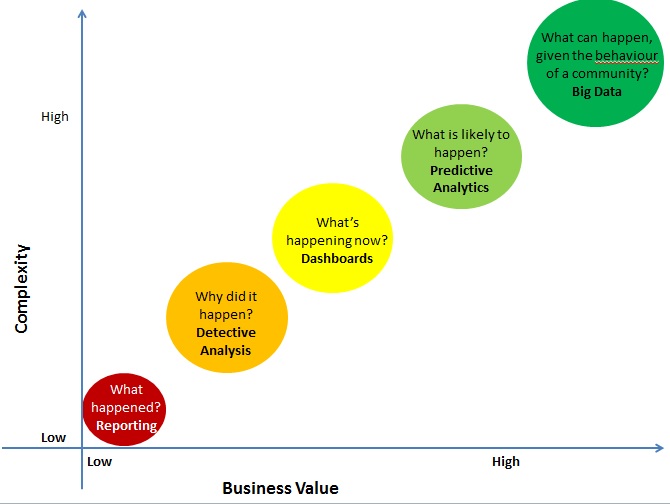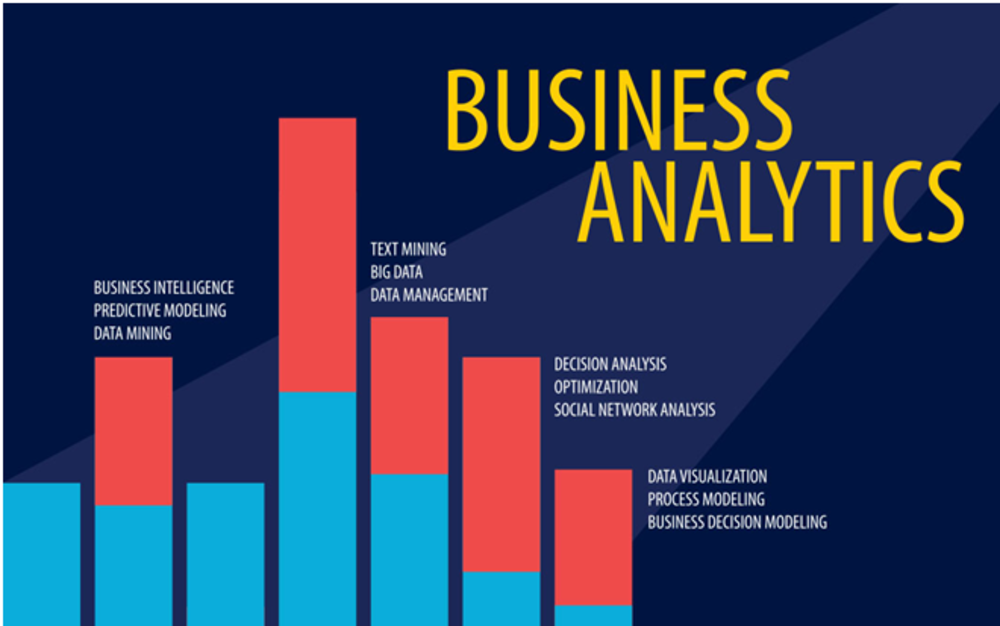Business analytics is the practice of using data analysis techniques to inform decision-making processes within an organization. With the evolution of big data, companies are more equipped than ever to extract insights from a complex array of information. But what exactly does business analytics look like in a practical setting? Here, we delve into specific examples to provide a clearer picture.
1. Customer Segmentation
Business analytics can help a company understand its customer base better by dividing it into different segments based on criteria such as age, gender, spending habits, and location. This can inform targeted marketing campaigns, customized product recommendations, and other personalized customer interactions.
2. Sales Forecasting
Through predictive analytics, a business can gauge future sales trends based on historical data and market conditions. This enables more accurate inventory management, staff allocation, and budget planning.
3. Supply Chain Optimization
Analytics can be used to streamline supply chain processes by identifying inefficiencies and bottlenecks. For instance, route optimization for deliveries, or pinpointing the best suppliers based on factors like cost, quality, and reliability, can be decided based on data analysis.
4. Sentiment Analysis
Understanding customer sentiment is crucial for any business. Analytics tools can scrape data from social media, review sites, and customer feedback to determine the public’s opinion about a product or the brand as a whole.
5. Pricing Strategies
Business analytics can also aid in setting the right price for products or services. This involves analyzing various factors like competitor pricing, consumer demand, and cost of production to arrive at an optimal pricing strategy.
6. Fraud Detection
With the help of machine learning algorithms, companies can analyze transactional data to detect irregular patterns that may signify fraudulent activities. This is especially useful in the finance and e-commerce sectors.
7. Employee Performance Analysis
Data analytics can be applied to evaluate employee performance. By examining metrics like project completion rates, sales numbers, and client reviews, businesses can make informed decisions on promotions, bonuses, or additional training needs.
8. Market Basket Analysis
Retailers can use business analytics to discover patterns in product purchases. For instance, if customers who buy Product A frequently also purchase Product B, these products can be bundled together for promotional offers.
9. Risk Assessment
Companies can use analytics to identify potential risks whether they be financial, operational, or market-related. This allows for the formulation of contingency plans and risk mitigation strategies.

10. Website Analytics
Web analytics can provide insights into user behavior on a company’s website. Metrics such as page views, bounce rates, and conversion rates can guide improvements to web design, content, and user experience.
11. Churn Prediction
By examining customer behavior and engagement, companies can predict which customers are most likely to churn in the near future. This enables them to take proactive steps to retain those customers.
12. Quality Assurance
Manufacturing companies often use analytics to monitor the quality of products. This involves tracking variables like material quality, machine performance, and environmental conditions to ensure that the end product meets the set standards.
Conclusion
Business analytics plays a vital role in modern organizations, aiding them in understanding their operations, customers, and market trends better. From customer segmentation and sales forecasting to fraud detection and quality assurance, the examples are manifold and touch upon virtually every aspect of a business. Embracing business analytics is not just an option but a necessity for companies that wish to remain competitive in today’s data-driven landscape.
FAQs
Business Analytics involves using data analysis tools and techniques to make informed business decisions.
Yes, reports and dashboards provide data visualizations for better insights.

